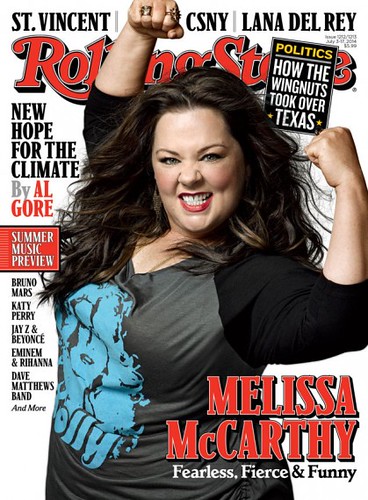A notable assembly of Washington’s seasoned legal minds has inaugurated a new law firm, the Washington Litigation Group, poised to challenge President Donald Trump’s executive orders and agency actions. This non-profit boutique firm arrives at a pivotal moment, as Mr. Trump continues his efforts to significantly reshape the federal government, particularly during his anticipated second term.
Comprised of experienced attorneys, former judges, and government employees who departed their roles at the onset of the Trump presidency—with some even emerging from retirement—the Washington Litigation Group offers its services pro bono. This commitment to providing free legal counsel is extended to those seeking to counteract perceived overreaches of presidential authority, an area of increasing contention in American governance. The firm has already commenced representation for clients, including the head of an independent agency dismissed by the president.
The leadership of this nascent firm is anchored by Tom Green, a venerable attorney known for his role as the former head of Sidley Austin’s white-collar practice. Mr. Green’s extensive career includes defending clients during the historic Watergate investigation and the Iran-Contra affair, bringing a wealth of high-stakes experience to the group. His decision to come out of retirement underscores the gravity with which the firm views its mission.
Joining Mr. Green is Nathaniel Zelinsky, an attorney whose litigation background spans federal appeals courts and the Supreme Court. Mr. Zelinsky, who previously practiced with Milbank and Hogan Lovells, highlighted a distinguishing characteristic of the Washington Litigation Group in a phone call with CNN: the sheer number of individuals who have postponed or reversed their retirement to contribute their expertise to the firm.
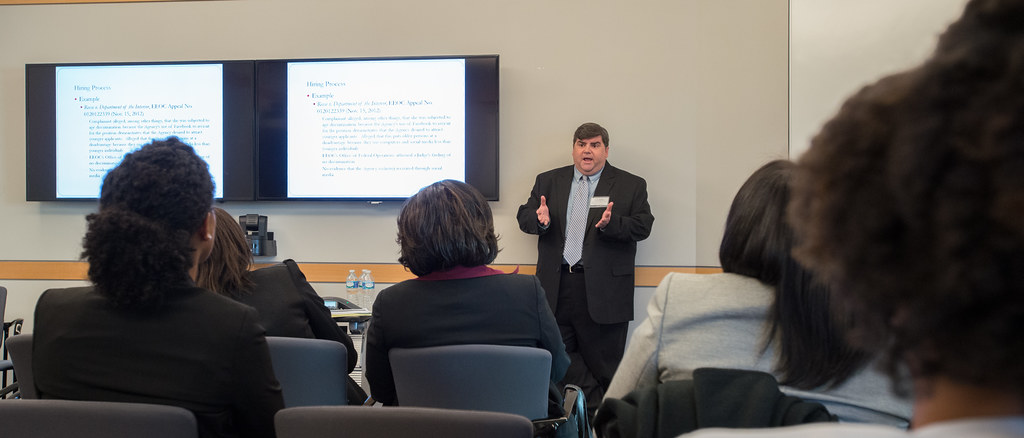
“I think that makes the firm different from other folks who are out there who are trying to do this work, in the sense that, we have this collection of extraordinary individuals who have come out of retirement to provide their mentorship and guidance and strategic vision,” Mr. Zelinsky stated, emphasizing the depth of experience and dedication within their ranks. This unique composition, he suggested, sets the group apart in the landscape of firms addressing similar legal challenges.
The firm’s strategic focus is expected to encompass a range of litigation, particularly concerning the unlawful removal of civil servants and the dissolution of government agencies. Furthermore, the Washington Litigation Group intends to engage in white-collar defense, broadening its scope of intervention against what it identifies as potential governmental abuses of power.
Adding to the firm’s formidable roster are two former federal prosecutors, James Pearce and Mary Dohrmann, both of whom were dismissed from the Justice Department during the Trump administration. Their experience includes serving in various capacities within the Justice Department, with both acting as assistant special counsels to Jack Smith during his investigations into Mr. Trump, providing them with direct insight into the administration’s actions and legal strategies.
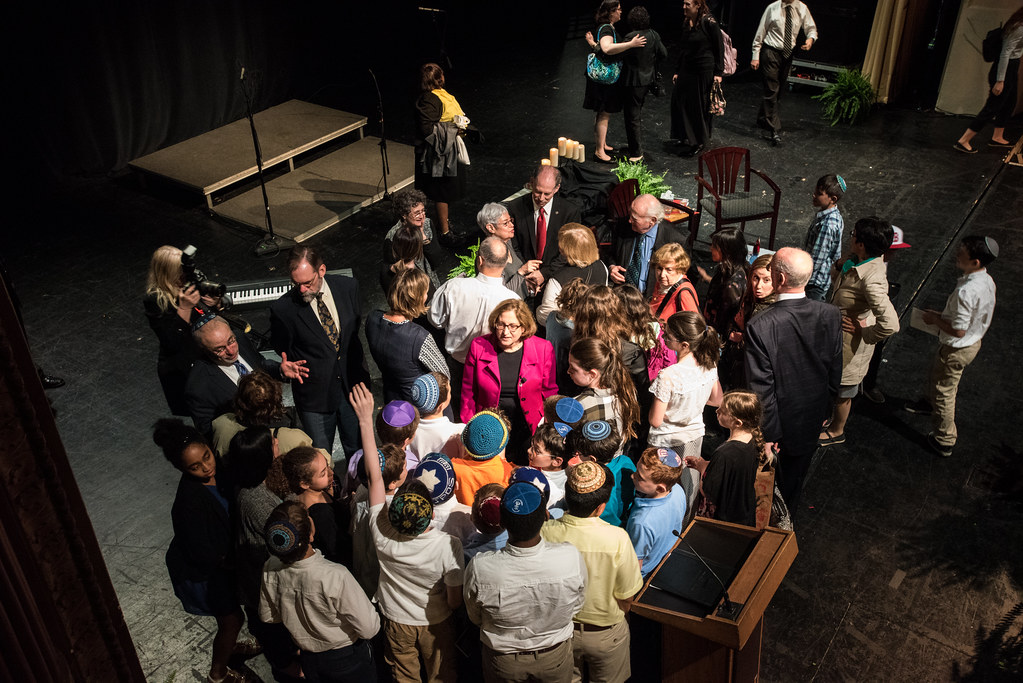
Mr. Pearce, reflecting on his professional ethos, articulated his commitment to public service in a call with CNN, saying, “I took pride in being a non-partisan civil servant committed to the rule of law and to doing justice.” He also underscored the diverse experience within the firm as a significant asset, noting that their attorneys possess knowledge spanning from the initial stages of investigations to practice before the Supreme Court, ensuring a comprehensive legal approach.
Echoing this sentiment, Ms. Dohrmann emphasized the collective desire among firm members to continue their careers in a non-partisan manner, dedicated to the principles they have upheld throughout their professional lives. “I think what we want to do here is continue the great tradition of non-partisan criminal investigations and prosecutions and upholding the rule of law as we’ve done to this point in our careers,” Ms. Dohrmann stated in a separate call with CNN, reaffirming the group’s foundational commitment to legal integrity.
Though the firm maintains discretion regarding ongoing litigation, it has publicly confirmed its representation of Cathy Harris, who was dismissed by Mr. Trump from her position as chair of the Merit Systems Protection Board (MSPB) earlier this year. The MSPB is an independent agency vested with the authority to review and potentially overturn federal employee firings, making Ms. Harris’s case a significant test of executive authority over independent bodies.

Amidst these new efforts to confront executive power through litigation, a contrasting perspective posits that such strategies may be fundamentally misaligned with the current legal landscape. Senator Sheldon Whitehouse has extensively articulated what he terms “The Scheme,” a decades-long project by the right-wing Federalist Society to systematically influence and effectively “capture” regulatory agencies and federal courts. This perspective argues that the Supreme Court, in particular, has become “captured by right-wing special interests,” manifesting in a series of decisions that, critics contend, reflect this influence.
Senator Whitehouse has presented considerable research indicating a massive financial investment in this “Court capture operation,” with findings from True North Research, for instance, estimating expenditures that have now reached over $1 billion in “dark money.” This substantial sum, critics argue, is not spent idly but with an expectation of a significant return on investment, shaping judicial outcomes in favor of specific political and corporate agendas. The argument suggests that this “Court captured by special interests” operates through sophisticated mechanisms, including the coordinated filing of numerous “amici curiae” briefs—often in “little flotillas” of 10 or 12, sometimes reaching as many as 50—by groups with “mysterious sounding names” that “don’t very well disclose who is behind them.”
These organizations, many of which are controlled by figures like Leonard Leo—described as the “fixer” or “factotum” for the right-wing billionaires—are accused of employing “fictitious names” for entities such as the Judicial Education Project, Honest Elections Project, and Judicial Crisis Network. The intent, according to this critique, is to keep “the Justices who have been put on the Court through this Court capture scheme… up to date on precisely what it is that their big donors want.” This process is further alleged to lead to “fake fact-finding,” where “fake amici” propose factual findings that are not true but are “essential to the logic of the decision,” as seen in cases like *Citizens United* and *Shelby County*.
Moreover, the introduction of a new “history and tradition analysis” in decisions such as *Dobbs* (on reproductive rights) and *Bruen* (on gun rights) is cited as another avenue for “fake fact-finding,” allowing for the selective cherry-picking of historical data to support desired outcomes. This comprehensive “Scheme” has gained “massive momentum and institutional control,” bolstered by Project 2025, which provides a detailed agenda to “dismantle the administrative state,” consolidate a “unitary executive,” and abolish the New Deal legal framework. From this critical viewpoint, the new litigation strategy, despite its noble intentions, is deemed “doomed to failure” because it attempts to “play by the rules of a rigged game, argued before a captured and corrupt court, and directed by an openly Fascist President.” Instead, it is argued that efforts should be redirected towards public education, organizing, and “mobilization of massive protest and civil disobedience to remove Trump,” as traditional legal and electoral strategies are seen as ineffective within the current context of a consolidating “fascist government.”
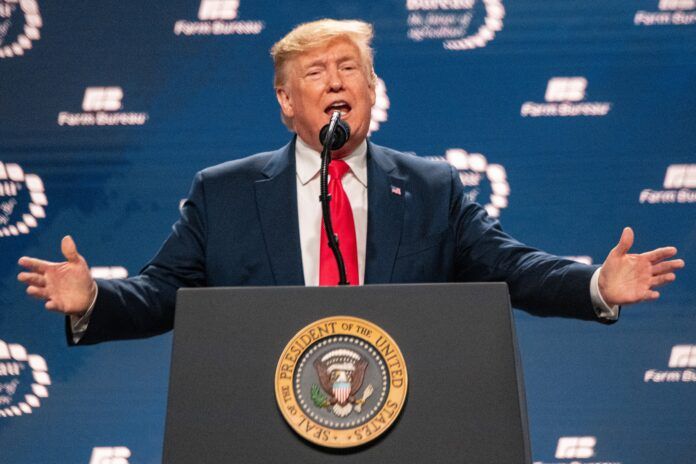
Beyond the specific focus of the Washington Litigation Group, a broader landscape of legal challenges underscores the contentious nature of Mr. Trump’s influence on various sectors. His administration has exerted pressure on universities, with reports indicating Brown University having paid $50 million and Columbia University over $200 million. While Harvard University was reportedly preparing to pay $500 million, its student newspaper, The Harvard Crimson, indicated the university’s president would instead pursue legal action.
Mr. Trump’s administration has also targeted law firms, with nine large firms agreeing to deals after executive orders were issued against them. However, four firms steadfastly refused to compromise, engaging in legal battles, and ultimately securing victories in court. Despite these successes, new reporting from Reuters suggests that the pressure has had a discernible effect, leading some prominent law firms to curtail their pro bono work for individuals and organizations perceived as targets of the Trump administration.
This climate has spurred the formation of smaller, purpose-driven legal organizations, including the Washington Litigation Group, to compensate for this void. These entities aim to undertake the pro bono work that larger firms may now be reluctant to pursue, standing up for individuals, such as civil servants, who have been dismissed without cause.
In a parallel vein, various legal watchdog groups are utilizing the established ethics and rules of the legal profession to push back against perceived misconduct. The Freedom of the Press Foundation, for instance, has filed a disciplinary complaint against Mr. Trump’s Federal Communications Commission chairman with the D.C. Bar Association, alleging intimidation of media outlets in violation of professional conduct rules.
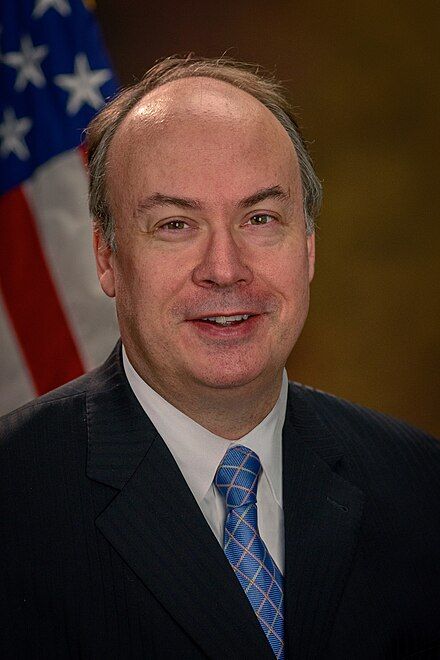
Further demonstrating this commitment to professional accountability, the D.C. Bar’s disciplinary board has recommended the disbarment of former Trump lawyer Jeffrey Clark for his alleged role in efforts to overturn the 2020 election results. The board’s recommendation explicitly stated the intent to “send a message to the rest of the Bar and to the public that this behavior will not be tolerated.” Additionally, a legal watchdog group has lodged professional ethics complaints against three current Justice Department lawyers under the Trump administration, accusing them of making false statements to a federal judge while defending the administration in court.
Michael Teter, executive director of The Legal Accountability Center, succinctly articulated the underlying concern: “The rule of law is under direct assault right now, and its greatest threat comes when those within the legal system fail to do their duties and stand up against the attack.” He added a cautionary note for government attorneys: “The message that needs to be heard by all attorneys representing the government is that even though the Trump administration isn’t interested in following the rules, we are watching.”
This evolving legal landscape, marked by the emergence of new firms like the Washington Litigation Group and a renewed focus on upholding constitutional principles, highlights the profound and ongoing debates regarding the scope and limitations of executive power in the United States. The outcomes of these diverse legal challenges are poised to have far-reaching implications, not only for future presidential policies but also for the enduring balance of power among the branches of government and the protection of fundamental civil liberties. As these cases advance, they promise to add significant chapters to the nation’s continuous evaluation of executive authority, solidifying the crucial interplay between law and politics within the American judicial system.


